How to Break Free from Diet Culture at the Table: A Lesson from One Teen’s Recovery Plan
How a Burger, Shake, and Fries Became a Prescription for Healing How to break free from diet culture at the table: I recently collaborated with a pediatric eating disorder doctor to support a teen client,How to Break Free from Diet Culture at the Table: A Lesson from One Teen’s Recovery Plan



